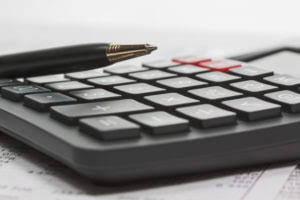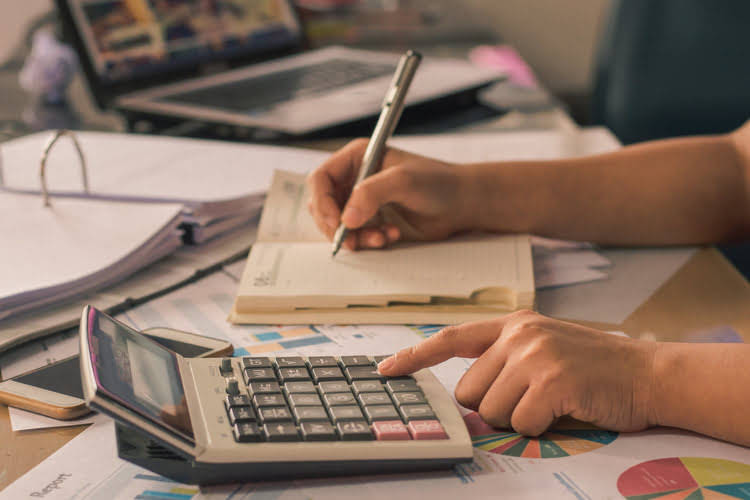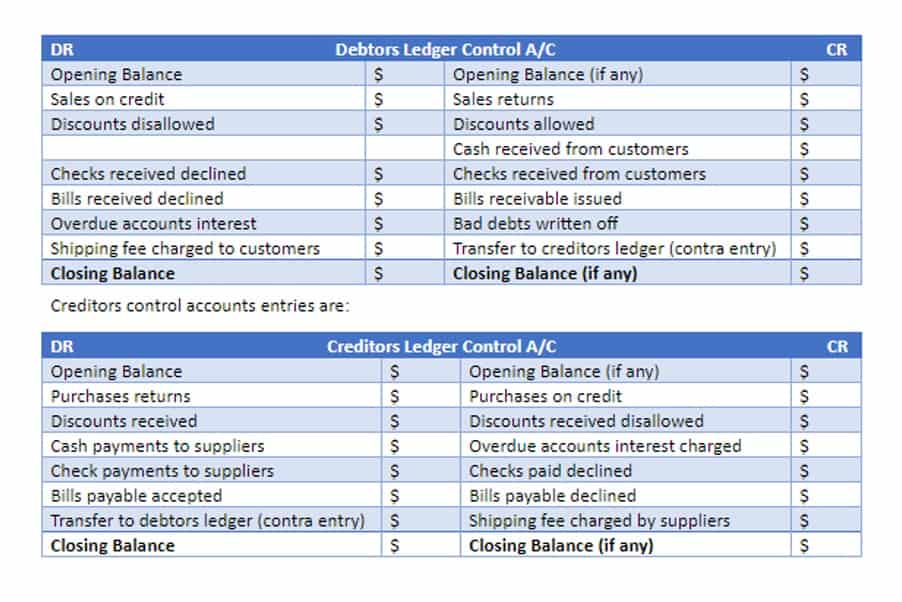
The block (or transaction) is broadcasted to every authorized member of the network. Once all the members validate the transaction (i.e., approve the payment) a block is then added to the chain of transactions, which provides an immutable and transparent record of the transaction. The money is then transferred from blockchain in accounting company X to company Y, and the transaction is complete. The security of the blockchain prevents a hacker from acting as an authorized member of the network.
3. Evidence-Based Understanding of Blockchain’s Impact on ESG
- Fintech companies must adhere to regulatory sanctions, including those from the US and EU, to avoid facilitating illicit activities.
- Platforms such as Compound and Uniswap have gained prominence by allowing users to earn interest, access loans, and trade assets directly.
- Blockchain’s automation capabilities, particularly through smart contracts, streamline processes like invoicing, payment, and contract execution, leading to operational efficiencies.
- For example, under International Financial Reporting Standards (IFRS), fees directly tied to production may be classified as direct costs, while incidental fees might be recorded as administrative expenses.
- Employees and stakeholders may resist adopting new technology due to unfamiliarity with blockchain.
Alternatively, a firm may adopt a https://gold.reputable.agency/days-payable-outstanding-dpo-definition-formula/ distributed private network, which is more like a traditional transaction ledger. Members will be independent, third-party (e.g., vendors, customers, lenders, external auditor) stakeholders that have no direct interest in colluding with other members. Recent accounting scandals and financial restatements, however, indicate that no system is impervious to collusion. Still, blockchain technology offers a promising platform that is more secure and transparent than the technology we use today. Smart contracts, self-executing agreements encoded with specific terms, automate routine audit tasks, reducing time, cost, and human error.
Want to dive even deeper on the impact of blockchain on auditing?

They play a crucial part in ensuring the accuracy of data entered into the blockchain and validating the authenticity of transactions. As gatekeepers of financial integrity, accountants will continue to uphold their responsibilities while adapting to the new tools and techniques introduced by blockchain. The trusted third party becomes the neutral source of critical financial data during auditing.
- Using blockchains in business accounting and financial reporting would prevent companies from altering their financials to appear more profitable than they really are.
- Even though blockchain technology is more secure than a traditional database, it is still susceptible to a security breach.
- Ifthe adoption of new technologies such as blockchainchanges the process of conducting transactions,accountants and auditors should understand thechanges to correctly reflect them in their work.
- If the result is less than the target value (pattern), the computed hash solved the proof and the block is added to the blockchain.
- As we know, banks are financial institutions with centralized control, which brings some skepticism about the opportunities a distributed ledger can bring to it.
- Evaluate your existing accounting workflows to identify areas where blockchain can add value.
- Blockchain technology has become a transformative force across various industries, and its application in accounting is no exception.
Blockchain Transparency

This distinction is critical for accurate financial analysis and regulatory compliance. Blockchain operating systems make transaction fees explicit and transparent, unlike traditional systems where fees are often bundled. Each transaction incurs a fee, such as the “gas fee” on platforms like Ethereum, compensating network validators.

As the most widely employed blockchain applications in finance, smart contracts are automating financial agreements, reducing the need for manual intervention. In the insurance sector, platforms like Ensuro Oil And Gas Accounting utilize smart contracts to autonomously manage risk pools, collect premiums, and process claims, enhancing efficiency and reducing overhead. Incorporating transaction fees into financial statements requires careful classification. These fees should be recorded as part of the cost of goods sold or as operating expenses, depending on their nature and applicable accounting standards. For example, under International Financial Reporting Standards (IFRS), fees directly tied to production may be classified as direct costs, while incidental fees might be recorded as administrative expenses.
- His expertise spans various industries, consistently providing accurate insights and recommendations to support informed decision-making.
- A blockchain is somewhat similar because it is a database where information is entered and stored.
- We combine the power of blockchain and finance, helping businesses innovate and grow with confidence.
- For instance, the Ethereum network randomly chooses one validator from all users with ether staked to validate blocks, which are then confirmed by the network.
- Company X inputs the transaction in the database, thereby creating a block.
- You know how waiting for money to cross borders can feel like watching paint dry?
- The basics of accounting and auditing are notaffected by the implementation of blockchaintechnology;2however, blockchain does add risk toconsider and controls to test.
